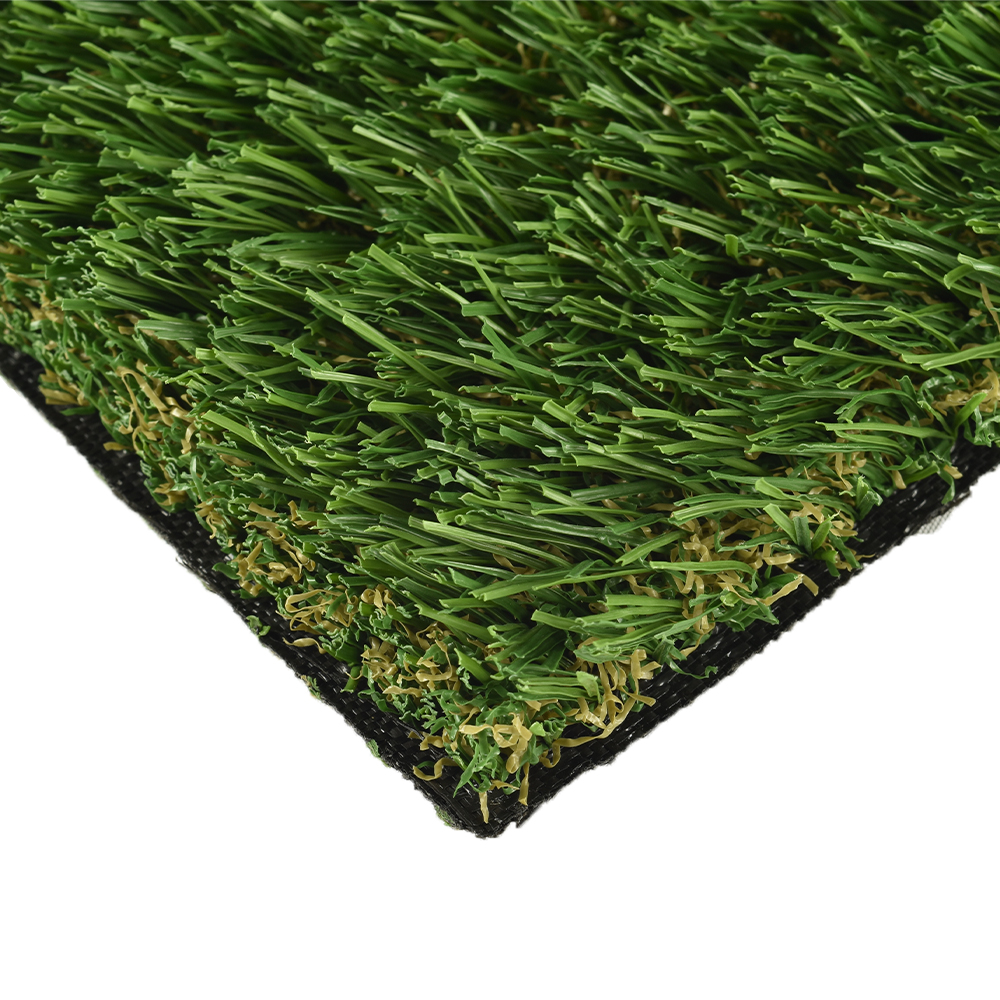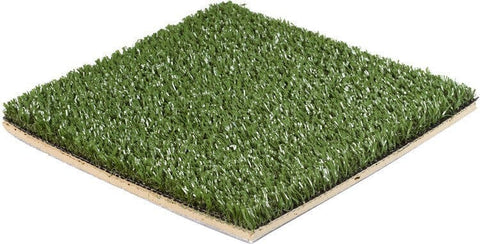Get the Leading Turf Installation Phoenix AZ Services for Your House or Business
Get the Leading Turf Installation Phoenix AZ Services for Your House or Business
Blog Article
Look Into the Environmental Benefits of Opting for Synthetic Grass Solutions
The fostering of fabricated grass options provides a compelling chance to attend to pressing environmental challenges. By substantially minimizing water use and reducing the application of dangerous chemicals, these choices not just promote sustainable landscaping but additionally secure regional ecological communities. Moreover, the reduced carbon footprint connected with reduced maintenance tasks adds to a more lasting strategy to land administration. Nevertheless, the implications of these benefits prolong beyond simple conservation efforts, questioning regarding their long-term influence on environment preservation and general eco-friendly equilibrium. Exploring these dimensions discloses a complex interplay worth taking into consideration.
Water Conservation Advantages
One of the most considerable advantages of man-made grass is its ability to preserve water. In contrast, synthetic turf does not require watering, substantially decreasing the total need for water resources.
By getting rid of the demand for routine watering, synthetic grass adds to sustainable landscape techniques and assists minimize the ecological impact of extreme water usage. In addition, the conservation of water reaches the reduction of drainage, which can lead to soil disintegration and waterway air pollution.
In addition, the installment of artificial grass permits house owners and districts to assign water resources much more effectively, concentrating on important usages such as alcohol consumption water and agriculture. The change in the direction of synthetic grass not just advertises responsible water use yet likewise straightens with broader environmental goals targeted at protecting natural deposits.
As neighborhoods increasingly prioritize sustainability, the water conservation benefits of synthetic grass present an engaging situation for its adoption in residential and business landscaping projects.
Decreased Chemical Usage
The change to synthetic grass significantly lowers the reliance on chemical therapies generally made use of in all-natural grass upkeep. Traditional lawn administration normally involves the application of herbicides, chemicals, and fertilizers to promote growth and control pests. These chemicals can pose threats to human health and wellness, neighborhood wild animals, and the atmosphere, adding to soil and water contamination.
In comparison, synthetic turf removes the demand for these hazardous compounds. When mounted, it needs very little upkeep, mostly including regular cleaning and occasional infill replenishment. This decrease in chemical usage not just profits the instant setting but likewise adds to more comprehensive ecological security. By decreasing the release of artificial compounds into the environment, synthetic grass advertises healthier soil and water supply.
Moreover, the absence of chemical overflow connected with man-made turf setups aids shield local rivers from air pollution, sustaining marine life and preserving biodiversity. Artificial turf companies phoenix. As areas significantly prioritize lasting practices, choosing fabricated lawn offers a viable remedy that straightens with ecological conservation goals. Through this shift, building proprietors can take pleasure in rich eco-friendly areas without compromising eco-friendly wellness, leading the method for a more lasting future
Lower Carbon Footprint

Additionally, the installment of synthetic lawn can lead to significant water conservation. Natural yards need significant quantities of water for irrigation, which not only adds to the go now carbon impact associated with water removal and treatment but likewise pressures regional water sources. In contrast, synthetic grass needs marginal upkeep, calling for no watering, thereby significantly minimizing water use and its linked power costs.
Furthermore, the long life of synthetic grass adds to its reduced carbon impact. With a lifespan of as much as 15 years or more, the requirement for regular substitutes is reduced, causing much less waste and lower power usage in manufacturing and dealing with conventional turf options. In general, synthetic grass provides a lasting alternative for ecologically aware landscaping.
Habitat Conservation
Habitat preservation is a crucial consideration in the debate over landscape design options, especially when comparing artificial grass to all-natural lawn. Natural turf yards frequently need considerable upkeep, including the use of fertilizers, chemicals, and herbicides, which can detrimentally influence regional ecosystems. These chemicals can seep right into the dirt and rivers, harming indigenous flora and animals and interfering with regional environments.
Man-made grass eliminates the demand for damaging chemicals, thereby securing neighboring wild animals and preserving the integrity of surrounding ecological communities. The installation of fabricated lawn can lead to the conversion of former turf locations right into more biodiverse landscapes, such as pollinator yards or indigenous plant areas, which can sustain neighborhood wildlife.
Ultimately, the shift to synthetic grass not just conserves water and lowers upkeep initiatives but additionally cultivates a much more unified connection in between human tasks and the natural surroundings, advertising habitat conservation at the same time.
Long-Term Sustainability
Lasting sustainability is a crucial variable in evaluating the advantages of synthetic grass over conventional turf lawns. Among the most substantial advantages of man-made grass is its resilience; it can last approximately 15-20 years with very little maintenance, whereas all-natural lawn requires constant reseeding and substitute. This long life lowers the requirement for constant sources, such as water, plant foods, and pesticides, which are crucial for keeping a healthy and balanced grass yard.
In addition, synthetic grass adds to a decrease in carbon emissions related to yard care tools. Standard lawns commonly require gas-powered mowers, trimmers, and blowers, all of which contribute to air contamination. Artificial turf companies phoenix. On the other hand, synthetic turf gets rid of the demand for such equipment, advertising a cleaner setting
Moreover, the manufacturing of synthetic grass increasingly uses recycled products, boosting its sustainability account. As manufacturers adopt green practices, the ecological impact of fabricated lawn remains to lessen.

Final Thought
The fostering of man-made turf remedies offers significant environmental advantages, consisting of considerable water preservation, lowered dependence on harmful chemicals, and a lower carbon footprint. Fabricated lawn help in protecting natural environments by decreasing land disruption and promoting long-term sustainability via the use of sturdy products. Jointly, you can check here these elements underscore the possibility of fabricated grass to contribute favorably to environmental health and offer a sensible option to traditional landscape design methods in a progressively resource-conscious world.
In comparison, artificial lawn does not require watering, substantially decreasing the total demand for water sources. By lessening the release of artificial substances into the ecological community, fabricated turf advertises much healthier soil and water systems.
In addition, the setup of artificial grass can result in significant water conservation. In comparison, artificial grass requires minimal maintenance, requiring no watering, consequently significantly minimizing water use and its associated power prices.

Report this page